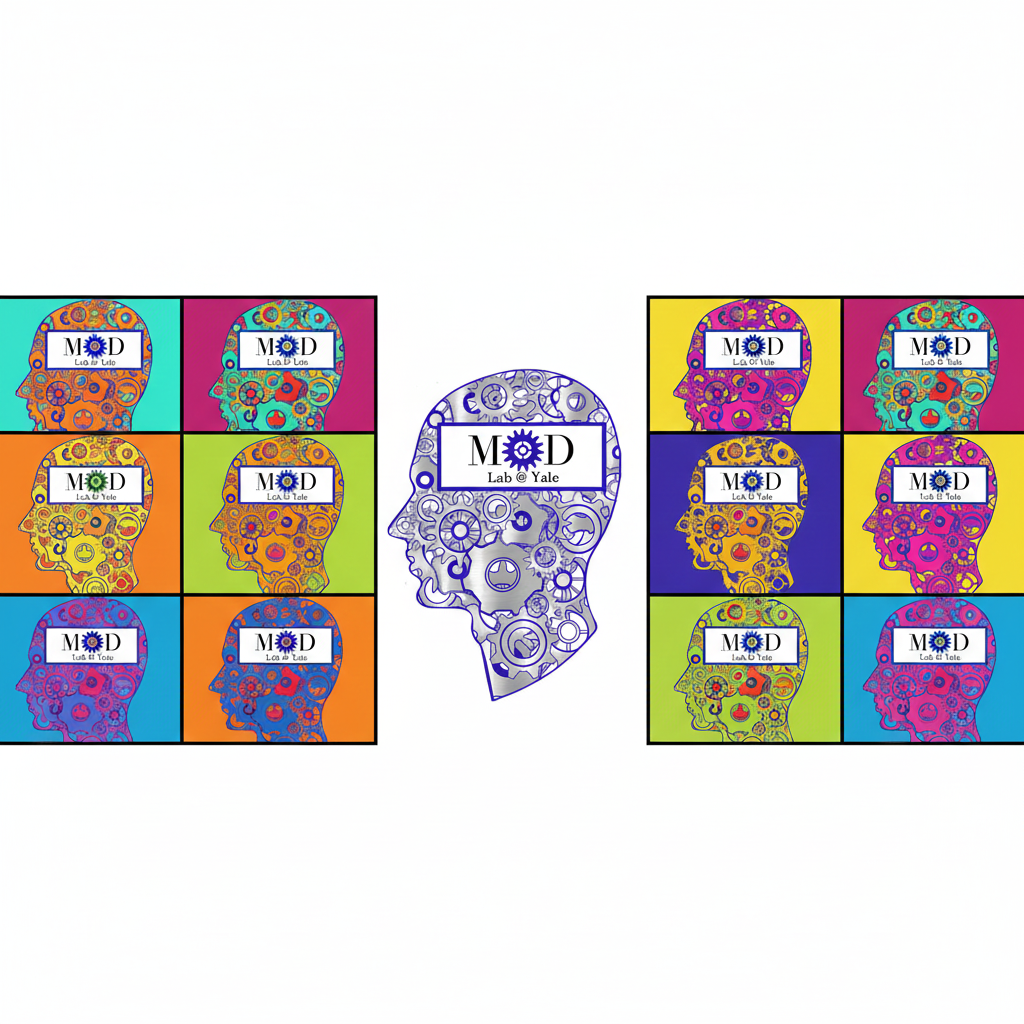Disinhibited behavior (e.g., substance abuse, aggression, and criminality) is ubiquitous. It is exhibited across race/ethnicity and psychopathologies. It has grave societal and individual costs, including those related to mortality, health, incarceration, and marginalization. Research in the Mechanisms of Disinhibition (MoD) Lab utilizes multidisciplinary theoretical principles and methods (e.g., electrophysiology, neuroimaging, behavior, questionnaires, life-history interviews, geocoding) to identify and specify the mechanisms of disinhibited behavior at micro, mezzo, and macro levels. Ultimately, our goal is to improve the identification of these behaviors and develop innovative interventions. The MoD Lab explores disinhibited behavior across various populations, including currently incarcerated individuals, community samples, and youth.
General Research Interests
- Psychophysiological and neural correlates of disinhibited behaviors
- Etiopathogenesis of disinhibitory psychopathology (e.g., Psychopathy, Antisocial Personality Disorder, and Substance Use Disorders)
- Environmental and structural factors that contribute to disinhibited behavior
- Development of mechanism-specific interventions for disinhibition
